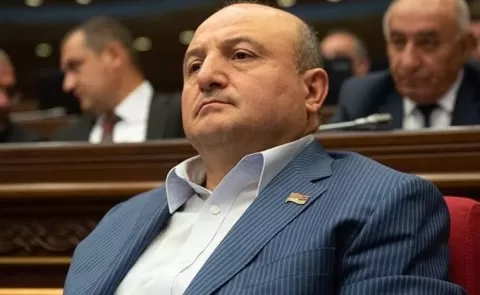
Nationwide Business Strike in Georgia Pressures Government for New Elections and Protester Release
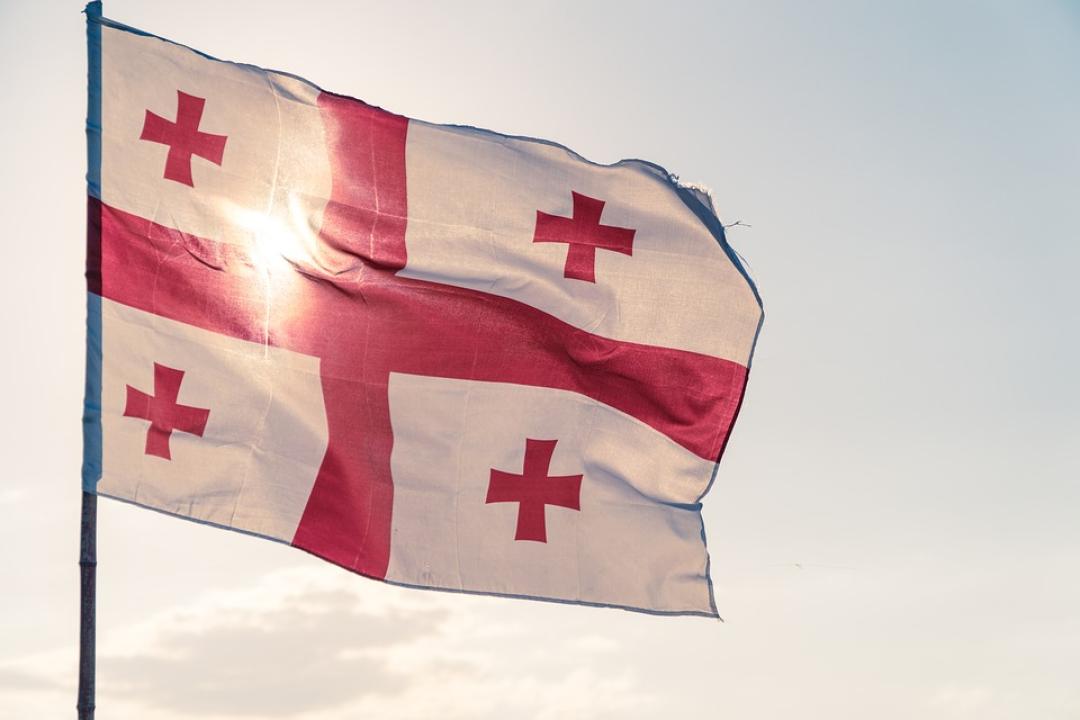
On January 13, Michael Roth, the Chairman of the German Bundestag’s Foreign Affairs Committee, visited Tbilisi, met opposition and media representatives, attended protests, and expressed support for new elections and sanctions against GD members.
Roth described the crisis in Georgia as "a serious conflict between autocracy and liberal democracy" and emphasized the need for free and fair elections to restore public trust. Praising protesters for organizing demonstrations for European values, he stated, "Tbilisi is the true capital of Europe," and urged the EU to continue supporting Georgian citizens through sanctions and other measures.
Following his meeting with Roth, opposition leader Giorgi Vashadze noted that German partners expect increased protests and unity among Georgians. Zurab Japaridze of the Coalition for Change highlighted Roth’s commitment to supporting Georgia’s European integration despite his planned departure from active German politics. Roth also met with President Zourabichvili, describing their discussion as "inspiring" and expressing hope for Georgia’s progress toward EU and NATO membership.
On January 15, hundreds of Georgian companies participated in a three-hour nationwide strike to protest the Georgian Dream (GD) government's policies, emphasizing the potential consequences of Georgia's international isolation and demanding the release of imprisoned protesters and new elections.
During the strike, protest banners appeared throughout Tbilisi, and participants from various sectors, including shops, universities, restaurants, and businesses, gathered in central locations such as Cafe Stamba near Rustaveli Metro station, Republic Square, and Chavchavadze Avenue. President Salome Zourabichvili joined the demonstrators, stating, "The Georgian people are experienced when it comes to [confronting] regimes, using every tool at their disposal," and warning that the GD government’s attempts to provoke confrontation would fail.
On January 16, James MacCleary, a UK Parliament member, introduced an Early Day Motion (EDM) calling for sanctions against Bidzina Ivanishvili, honorary chair of the GD Party, for undermining democracy and enabling Russian influence in Georgia. The motion, signed by 13 MPs, expressed concern over Georgia’s democratic backsliding, excessive use of force against protesters, and suspension of its EU accession process, urging the UK government to impose sanctions and review its partnership with Georgia.
On the same day, the European Union criticized the GD government during the 1516th Council of Europe's Committee of Ministers meeting, highlighting Georgia's adoption of controversial laws, violent crackdowns on protests, and democratic regression. The EU called for reforms aligned with European values, including electoral integrity, judicial reforms, and anti-corruption measures, while urging the Georgian government to protect civil society and fundamental freedoms. The EU emphasized the need for accountability in addressing electoral fraud and violations of democratic principles, reaffirming its commitment to supporting Georgia's path toward EU integration.
See Also

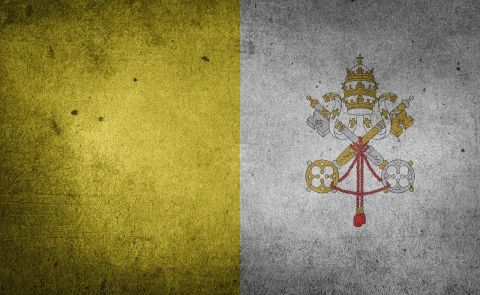
Pope Francis Urges Azerbaijan and Armenia to Reach Peace Agreement in Easter Message

Azerbaijan’s Energy Minister Launches Nur Gas Project in Albania
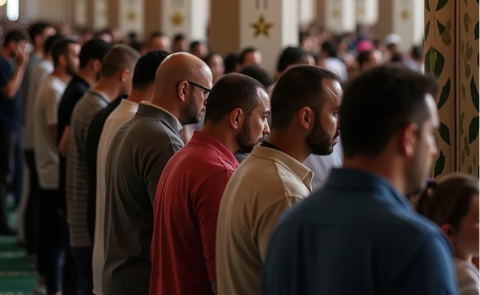
Dagestan, Chechnya, and Stavropol Address Rising Tensions Over Namaz Ban Letter
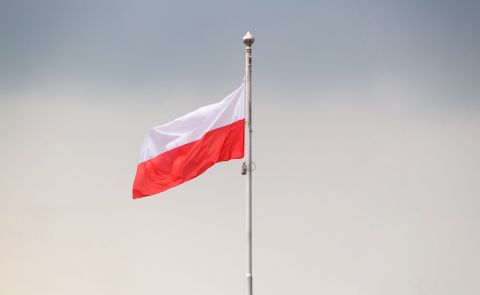
Poland Declares Eight Georgian Law Enforcement Officials Persona Non Grata

